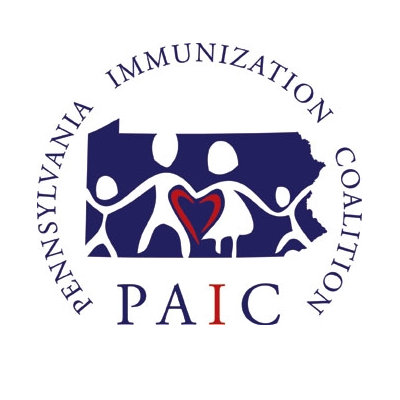Scientist Peter Hotez on Why Vaccine Development is ‘Critical to the Security of Our Nation’
Peter Hotez has spent his career studying infectious diseases that others weren’t paying attention to, developing vaccines that “no one else will make.” Four years ago, Hotez and a team of Texas scientists developed a vaccine that he now believes could have protected against the new coronavirus, which has killed tens of thousands of people around the world. But they couldn’t find funding to begin testing on humans, so it languished in a freezer. Now Hotez, dean of the National School of Tropical Medicine at Baylor College of Medicine in Houston and co-director of the Texas Children’s Hospital Center for Vaccine Development, is warning the public and government officials about the new coronavirus, while working to develop and test vaccines.
Hotez spoke with the Observer about the United States’ coronavirus response and the need to invest in public health much, much earlier.
Texas Observer: How are you holding up?
Peter Hotez: Well, it’s exciting and scary at the same time. And exhausting. I’m beyond sleep deprived.
It’s a difficult time, but it’s an important time. We’ve developed a vaccine, so we’re trying to get through all the complexities of getting a vaccine into clinical trials. And we’re trying to develop the first global vaccine for places like India and Africa and Latin America as well. So that’s a huge undertaking. It’s always very challenging to move vaccines for the poor or for health disparities, where there’s no traditional financial market, into clinical trials.
You were working on a vaccine in 2016 that would have been helpful now, but there wasn’t funding. Can you tell me more about that?
I’ve talked about it so much, I don’t think I can talk about it again. But let’s just say we are moving forward now on two vaccines. One for this new COVID-19. But the other, a previous vaccine for the original SARS, SARS-1, is already manufactured, so we’re trying to see if we can move that into clinical trials, because we think it will protect against COVID-19 as well.
Read the full article here.
